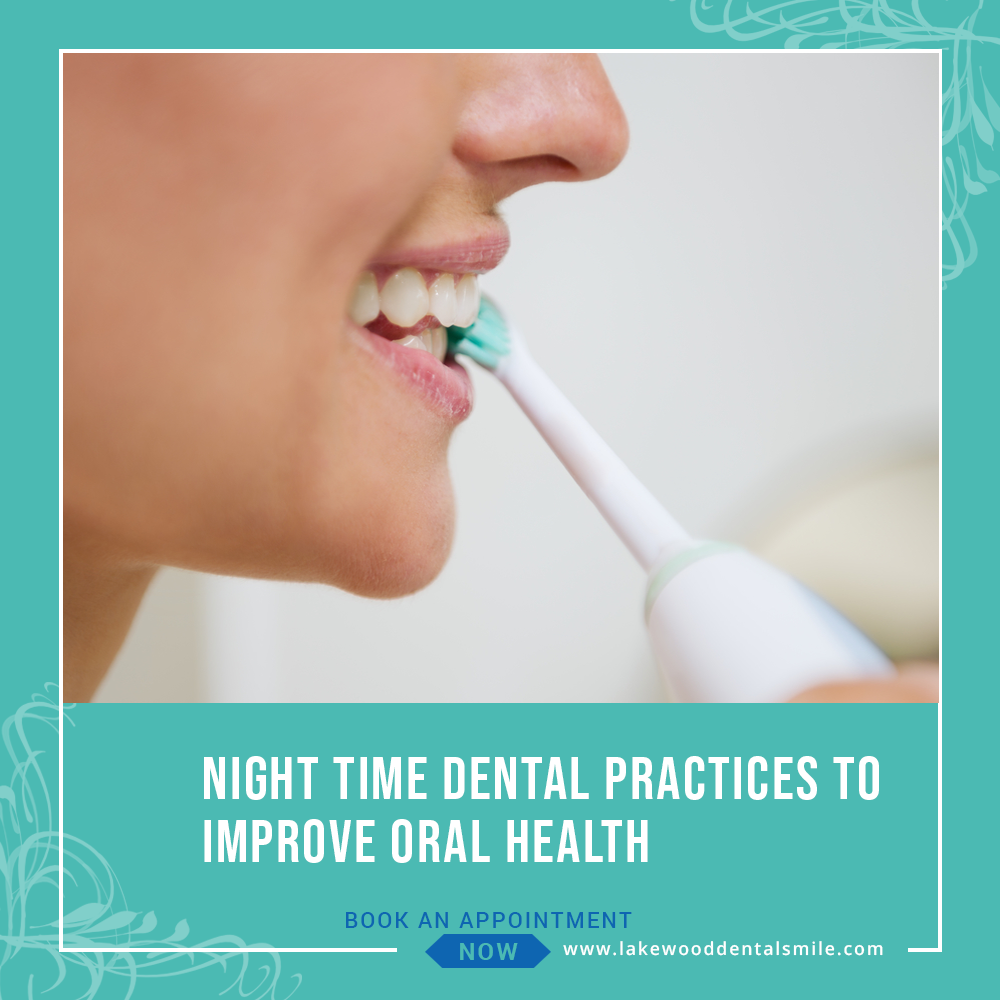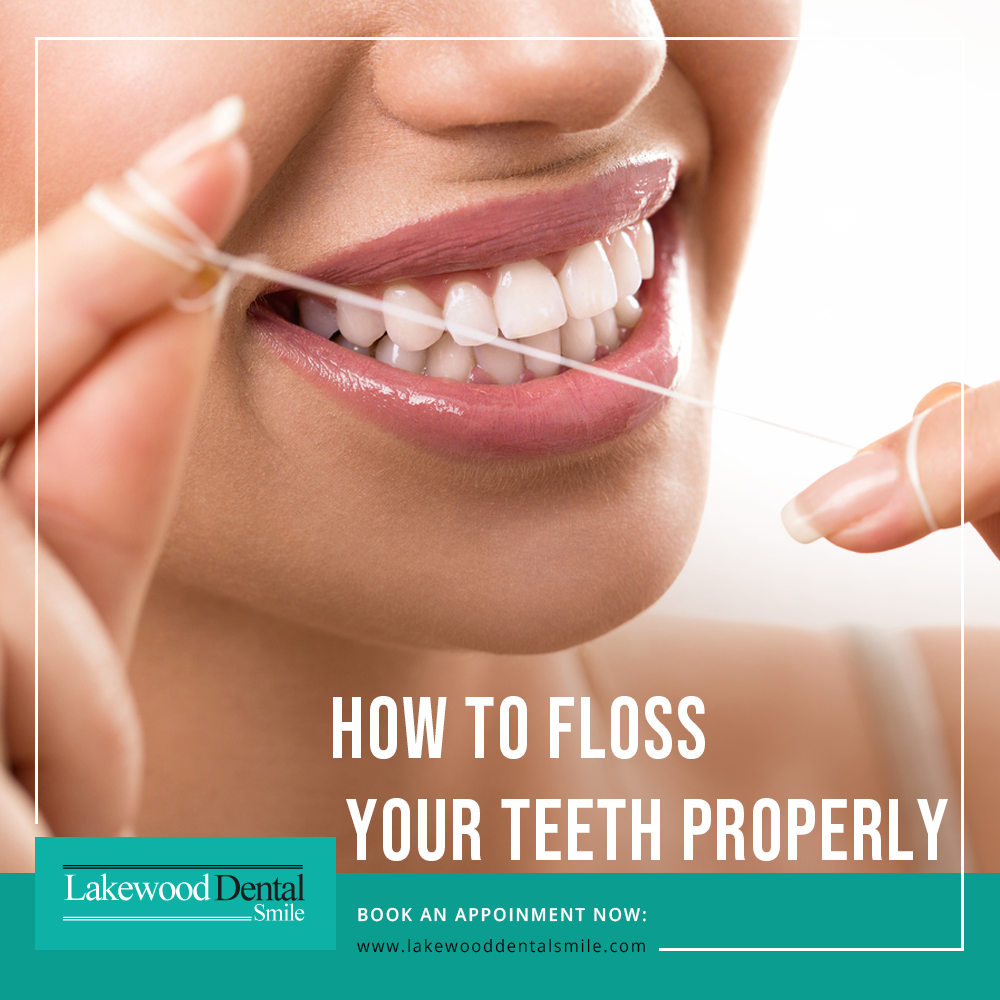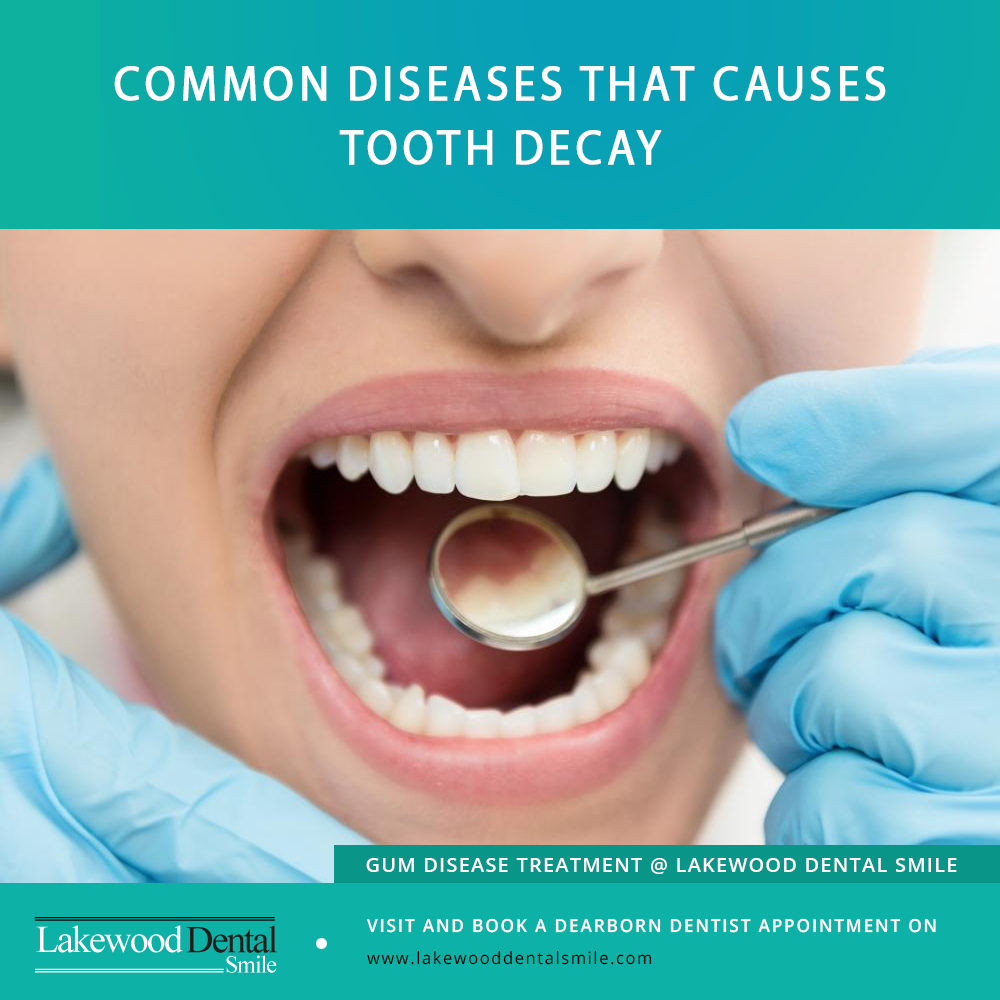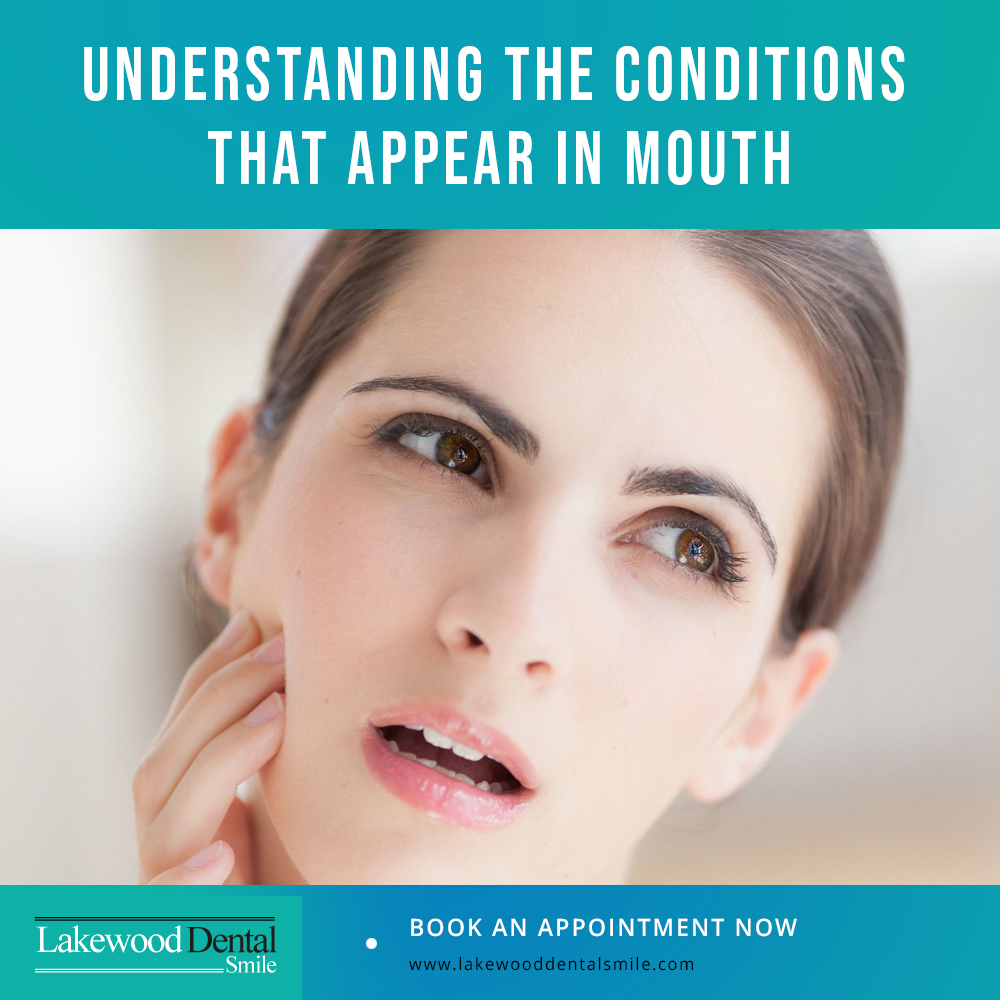A lot will happen to your mouth during eight hours of sleep. This is the time your mouth is more susceptible to bacteria. The basis of getting rid of these bacteria is to follow a healthy oral routine, this way you can ward off the dental issues that may ruin your dental health. The maintenance of oral health is to be given high importance. There are many ways to maintain your oral health while you sleep. Here are eight tips to get you — and your mouth — through the night.

Brushing your teeth before you go to bed at night helps protect against plaque buildup, tooth decay, and gum disease. If you are particularly susceptible to cavities and gum disease, dentists recommend that you brush immediately after dinner, then again right before bedtime.
According to dentists, the best way to clean your teeth is to brush back and forth gently in the best short strokes. Brush the outer tooth surfaces first, then the inner tooth surfaces, followed by the chewing surfaces. To clean the backs of your front teeth, use the tip of the brush and stroke gently up and down.
Switch to an electric toothbrush. The rotating and oscillating movement of the electric toothbrush head removes plaque from your teeth more efficiently than a regular toothbrush. Be sure to choose an electric toothbrush that’s comfortable to hold, easy to use, and has the rotating-oscillating head.
Don’t just brush — floss! Flossing removes food particles and plaque buildup while it’s still soft. If this debris stays on the teeth, bacteria will increase throughout the night and feed off them while you’re sleeping. Furthermore, if the plaque is allowed to harden, it will turn into tartar, and tartar can only be removed by a hygienist or dentist during a professional cleaning. Flossing only at night is fine for most people, but if you’re prone to gum disease or tartar buildup, dentists recommend that you floss in the morning as well.
Rinse with mouthwash. Mouthwash isn’t just for fresh breath — therapeutic mouth rinses contain special ingredients that strengthen teeth and help treat certain oral health conditions. Rinsing with a therapeutic mouthwash before bed will help keep your teeth free of plaque and cavities and your gums safe from gingivitis. On the contrary, most commercial, over-the-counter mouthwashes — known as cosmetic mouthwashes — are designed to mask bad breath and they won’t do much to contribute to your oral health. Talk to your dentist about which mouthwash is right for you.
Be cautious about teeth grinding. If you experience worn tooth enamel, increased tooth sensitivity, or torn cheek tissue, you may be grinding your teeth in your sleep. Though dentists can’t stop you from doing it, they can make you a mouth guard that you can wear at night to protect your teeth from the effects of grinding.
Be sure to schedule regular dental checkups and cleanings. Your dentist and hygienist will help you keep your teeth clean and your gums healthy over the long run. Remember, preventive care and maintenance are just as important for a healthy mouth as good daytime and nighttime oral hygiene.
When you feel uncomfortable with any dental issues you should consult a dentist near you. If you are based in Dearborn, Michigan, you can schedule a consultation with Lakewood Dental Smile.






